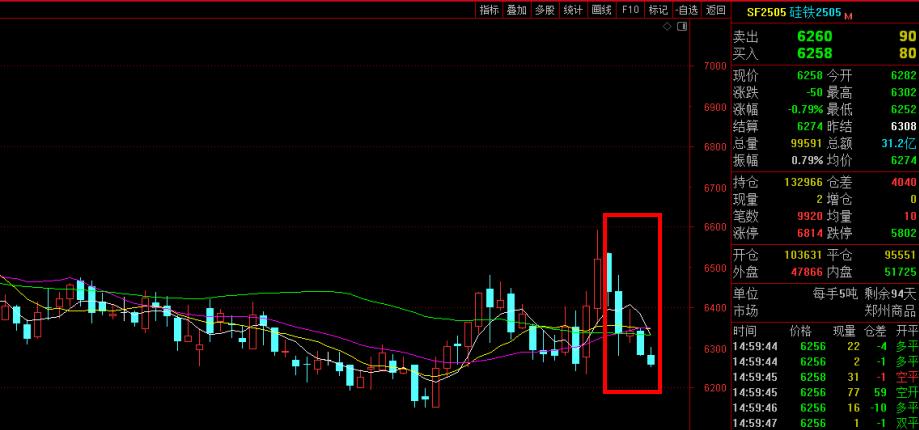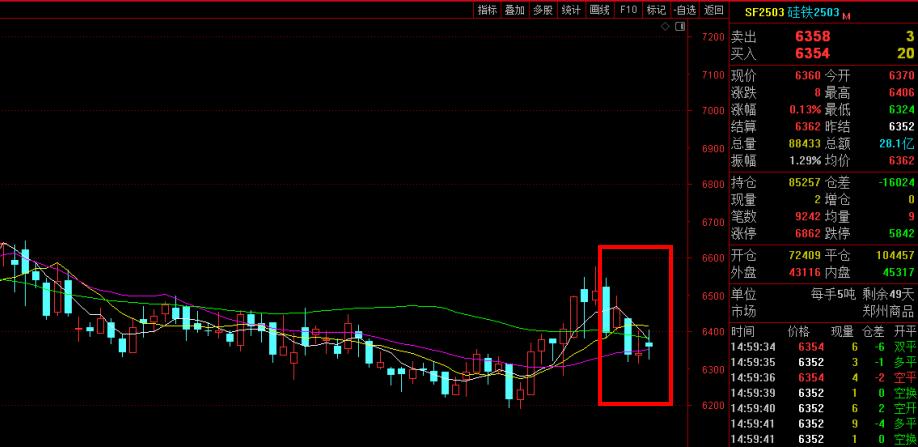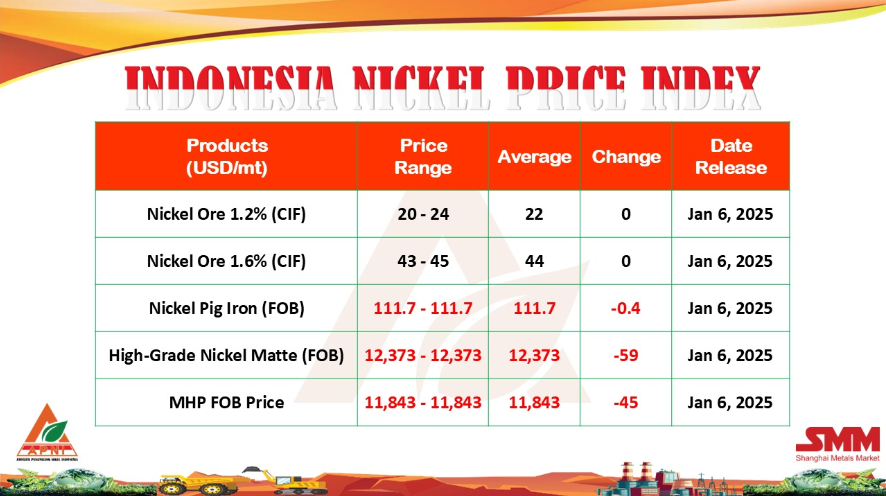【Ferro-alloys.com】: Newly appointed Resources Minister Madeleine King is looking at Australian gas producers to increase supply to domestic markets, but has also noted that coal-fired power stations would be essential to combat Australia’s energy crunch in the short term.
Speaking to ABC Radio, King applauded both the Santos/Beach Energy joint venture and Shell for their respective decisions to increase output, with Santos this week announcing plans to bring a fifth drill rig to the Cooper basin to deliver an additional 15 TJ/d of gas by the end of the year.
Shell, for its part, last week announced a final investment decision for the development of the Crux natural gas field, offshore Western Australia, providing further supplies of natural gas to the existing Prelude floating liquefied natural gas facility.
“All the gas producers that I’ve spoken to, and there’s been many of them, have been very constructive in the discussions we’ve had. They are all doing their level best to both maximise production but also release supply into the market,” King said on Tuesday.
However, she noted that there were other constraints affecting the market, apart from supply.
“It’s very difficult to get more gas from the Queensland gas producers simply because the pipeline south is at capacity and as yet there are no import terminals ready to go on the east coast that would enable other gas suppliers to get to that market.
“So, in the very short term, what we really need to do is to have the coal power stations come back online because that is the missing piece in the puzzle now. There’s been unplanned outages for many reasons, many beyond the control of those operators, and I do accept that, but I hope they are doing their level best to make sure this power source comes online as well.”
A number of coal-fired power stations have been affected by planned outages, while others are facing unplanned outages owing to loss of maintenance during Covid-19 lockdowns, as well as staffing issues owing to Covid-19 infections.
It is estimated that 30% of energy capacity has currently been taken offline.
“This is a perfect storm, all these things coming at us at the same time. And without the underlying security of supply from renewables and gas, we have seen how much reliance there, in fact, is in the east coast on those coal?fired power stations that are ageing. And because of the lack of energy policy, there hasn’t been enough investment into those coal?fired power stations to keep them going onwards as we transition to a new decarbonised energy system,” King said.
Responding to the higher industrial gas market prices last week, the Australian Petroleum Production & Exploration Association (Appea) said volatility in east coast spot price markets was because the energy system as a whole was under pressure and relying more on gas.
“This is particularly because of coal outages, relatively low levels of renewable power generation as a result of weather conditions and international market pressures arising from the Russian invasion of Ukraine,” Appea acting CEO Damian Dwyer said.
“Around 85% to 90% of the gas market is covered by long-term contracts, known as gas supply agreements (GSAs), which were offered for this year – and locked in by many customers – at price levels of around $6/GJ to $9/GJ.
“The remainder is covered by smaller, volatile spot price markets which for much of this year have been around 70% lower than those paid internationally, remembering that some of the headline-grabbing figures of recent days were future forecasts before prices were capped, not real prices being paid.
“Domestic supply is secure and at near-record levels. While we understand that current spot prices are under pressure and we are working with all parties to resolve this issue, the vast majority of manufacturers are either long-term, lower price contracts or aren’t major users of gas and so not materially affected by gas prices,” Dwyer said.
- [Editor:Alakay]



 Save
Save Print
Print Daily News
Daily News Research
Research Magazine
Magazine Company Database
Company Database Customized Database
Customized Database Conferences
Conferences Advertisement
Advertisement Trade
Trade














 Online inquiry
Online inquiry Contact
Contact

Tell Us What You Think